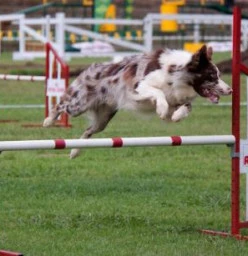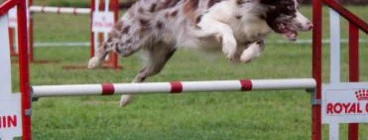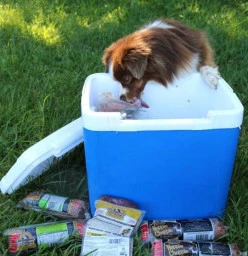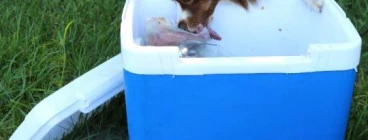- 1 Dias Place, Mtubatuba, Mtubatuba, KwaZulu-Natal 3936
- 10-20 km from Windermere
Shampoo & Conditioners - Pet Supplies & Services in Windermere (4001)
No exact matches found within 5km.
Other related businesses in and around Windermere (within 20km)
- 128 Fenniscowles Rd, Umbilo, Durban, 4001, South Africa, Umbilo, KwaZulu-Natal 4075
- 5-10 km from Windermere
- 23 lemon tree lane Glen Anil, Glen Anil, KwaZulu-Natal 4051
- 10-20 km from Windermere
- 23 Jan Hofmeyer Rd, Westville,, Central Westville, KwaZulu-Natal 3629
- 10-20 km from Windermere
- 473 Bartle Rd Umbilo Durban, Umbilo, KwaZulu-Natal 4075
- 10-20 km from Windermere
- 70 Byng Avenue, Durban, Durban CBD, KwaZulu-Natal 4001
- 5-10 km from Windermere
- 99 Doble Road, Fynnlands, Bluff, Bluff CBD, KwaZulu-Natal 4052
- 5-10 km from Windermere
- St James Avenue Westville, Central Westville, KwaZulu-Natal 3629
- 5-10 km from Windermere
Agility, canine freestyle and trick training. We are all about having fun with your dog! We are associated with Boavida Canine Lifestyle Centre. We train agility, canine freestyle, flyball and trick training. We find the fun in dog training! Read more
- Durban North CBD, KwaZulu-Natal
- 10-20 km from Windermere
Alpha Pet Products is a reputable company specializing in high-quality pet products, with a particular focus on sheepskin dog toys and raw food for dogs. Founded with a passion for providing pets with the best possible care, Alpha Pet Products has established itself as a trusted brand in the pet industry. Their line of sheepskin dog toys combines durability with luxury, offering dogs a satisfying chewing experience while also being gentle on their teeth and gums. These toys are crafted with meticulous... Read more





